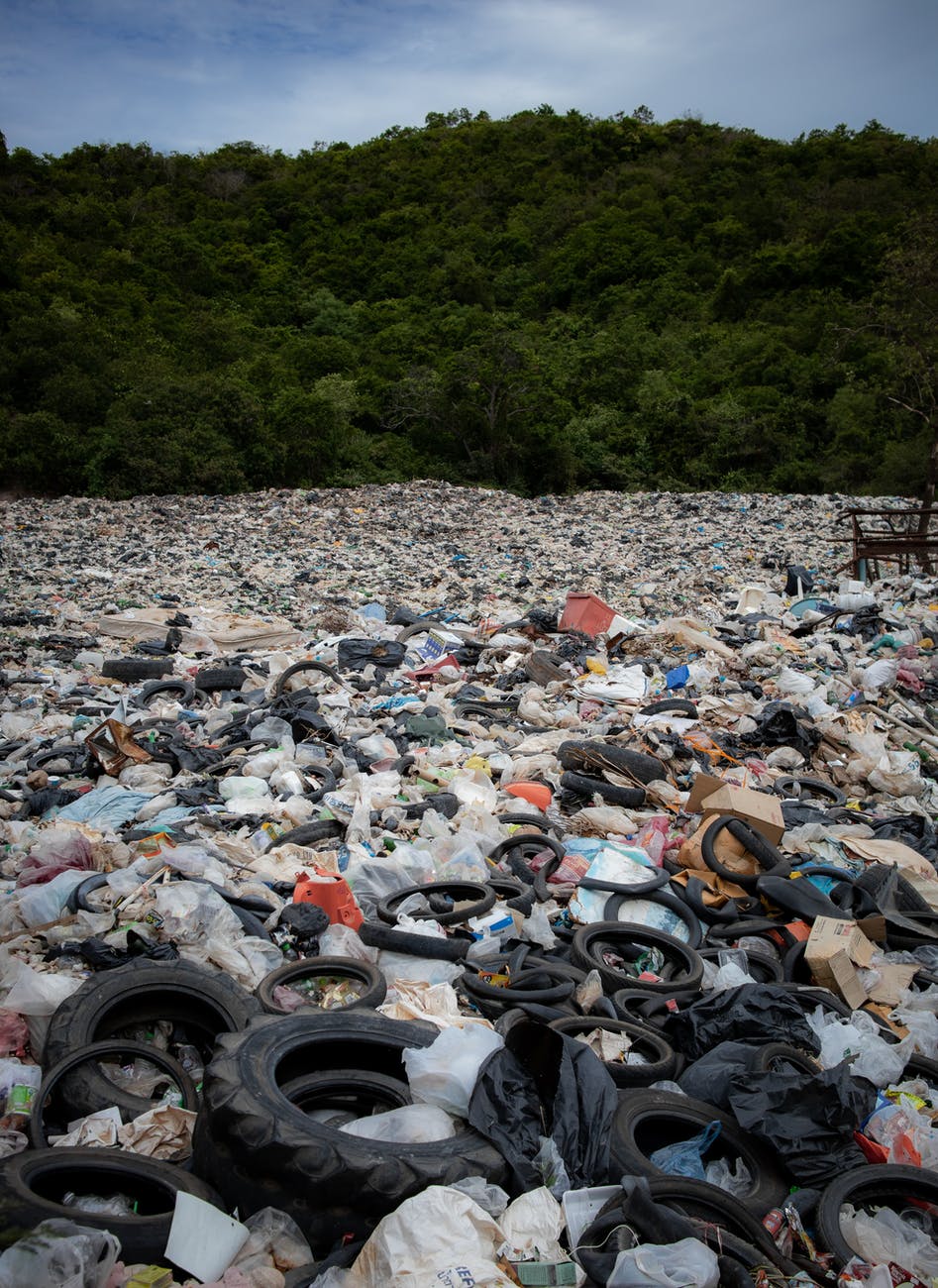In 2017, only 9 percent of the world’s plastic was recycled. Most plastics never fully degrade, breaking down into smaller and smaller pieces that are eventually ingested by marine life. BPA, the toxic chemical found in plastic, can also leach out into our produce and be absorbed into our bodies. An estimated 8 million metric tons of plastic enter the oceans every year, a reality even more challenging to tackle in 2020 as grocery stores temporarily banned reusable bags, restaurants shifted to delivering takeout orders in single use containers, and we continue to use and throw away disposable face masks. However, there are simple steps that we as individuals and as a community can take to reduce our plastic footprint while prioritizing health and taking care of ourselves:
- We can wear cloth masks or cotton bandannas instead of disposable masks — here are some tips on washing masks.
- We can request no utensils when ordering takeout meals and buy loose items instead of pre-packaged items at the grocery store.
- While we have incentives to use reusable bags (e.g. plastic bag tax in states like California and New York), produce bags seem to be mentioned less often. I really appreciate how stores like Trader Joe’s uses biodegradable, compostable produce bags, and hope other grocery stores will soon do the same. I have made it a habit to bring reusable bags and have started reusing produce bags as well; I have now accumulated enough that I can shop without using any new ones. Also, for produce with rinds that you don’t eat (think grapefruits, bananas, and squash), you can simply put them straight into your grocery cart, bag-free!
In an ideal world, we would not use or purchase items with plastic in the first place. Realistically, for the plastic items we can’t avoid, consider whether they can be recycled before tossing them. Like me, you may have been confused by which types of plastic can and can’t be recycled. Chances are that your city or state has a website with this information. For example, Massachusetts has a cheat sheet of what can and cannot be recycled, and you can even search for specific items (yes, pizza boxes can be recycled!). Plastic bags and plastic packaging — which often comes with products like paper plates, bathroom tissue, groceries, and delivery boxes — are typically not recyclable via your curbside bin, but can be recycled at many supermarkets and big box stores —for Massachusetts, you can find the drop-off store nearest you! It is extremely important to recycle the right items because plastic bags can get caught in the sorting machinery and slow down the whole process. Recycling the right products also makes it a tad easier for the workers who sort through our mountains of trash!
I recommend Plastic Free July’s resources and inspiration, and if you feel so motivated, you can participate in the Plastic Free July challenge (signing up for the challenge doesn’t mean you have to go plastic free tomorrow — you can commit to any level of your choice!). If we all do our part by being mindful of how much plastic we throw away, we can make reducing, reusing, and recycling plastic a habit. A seemingly small change goes a long way!






Leave a Reply